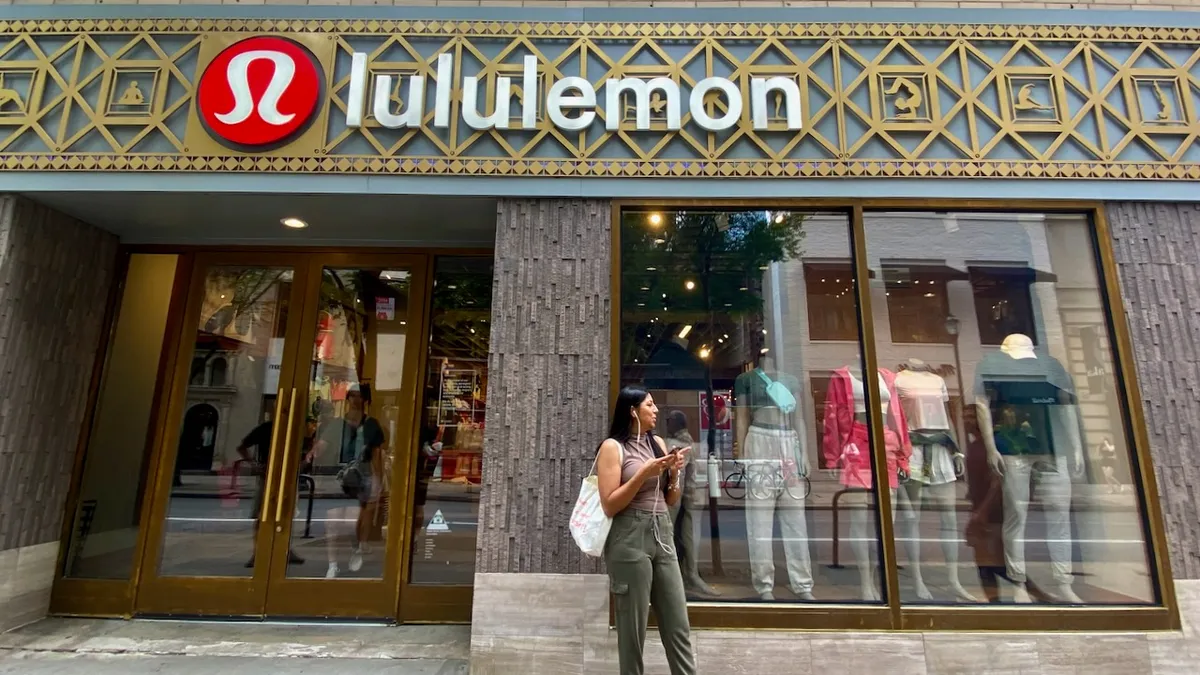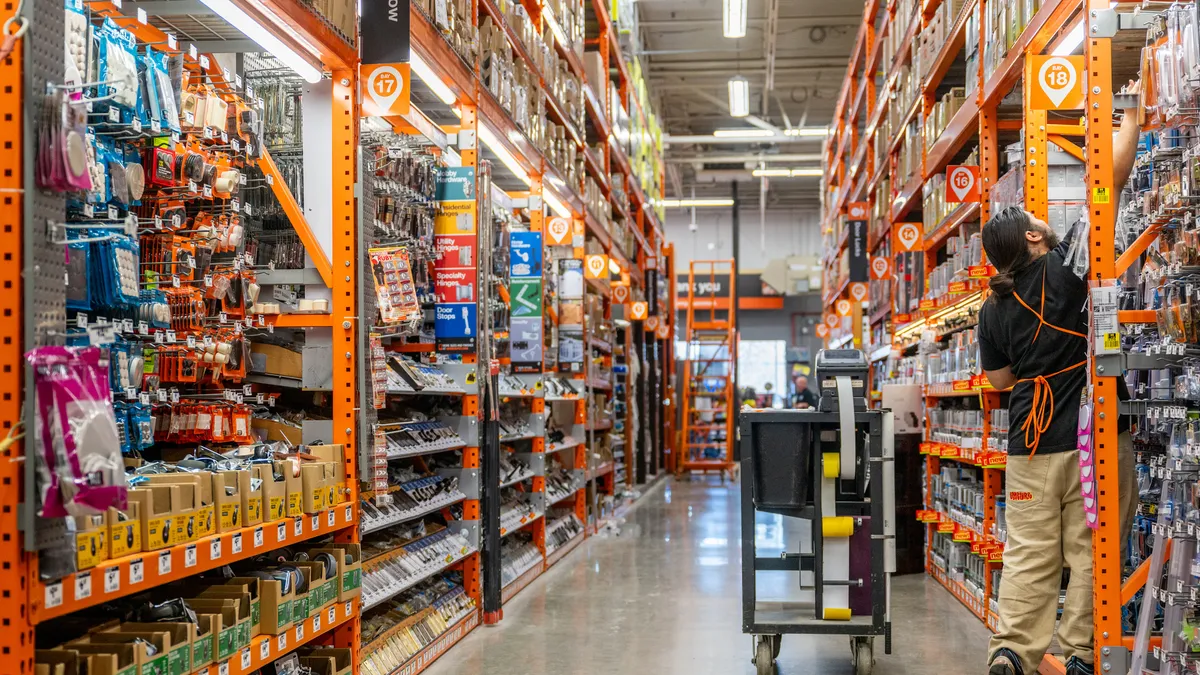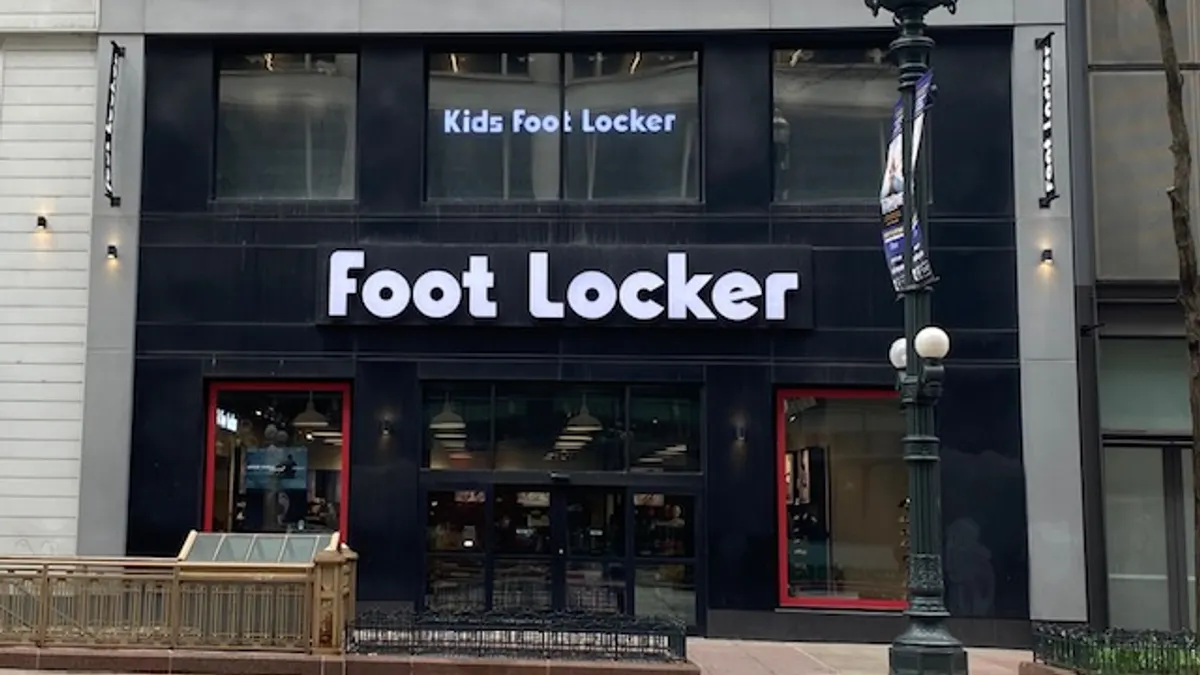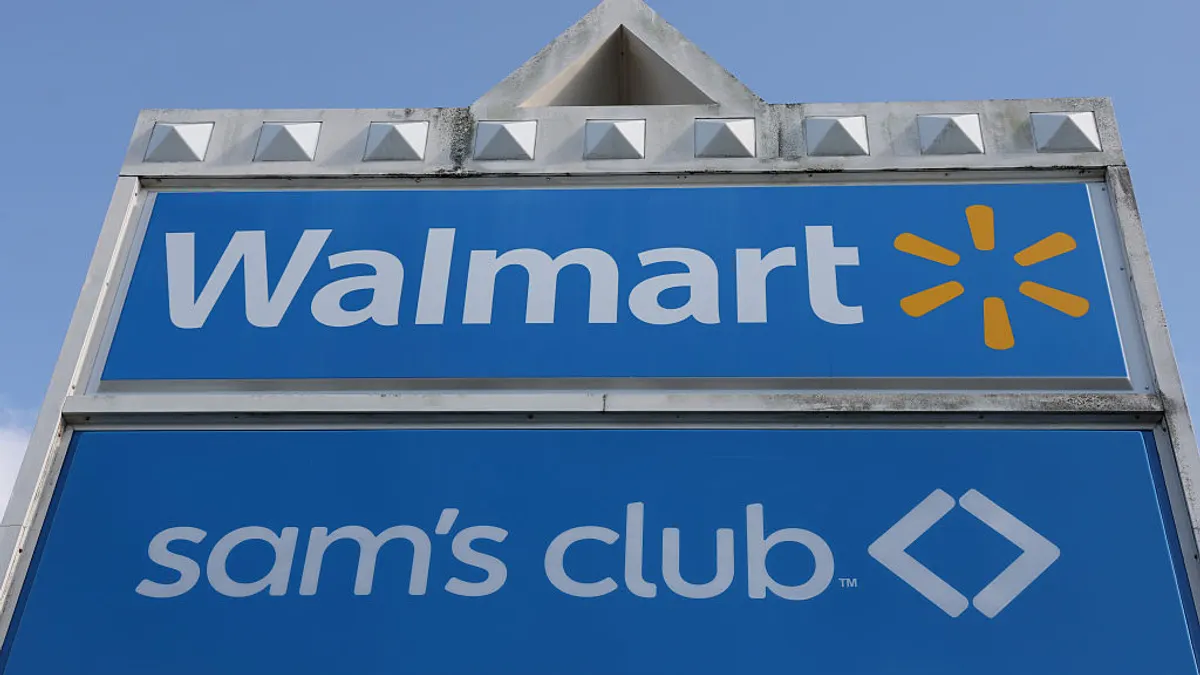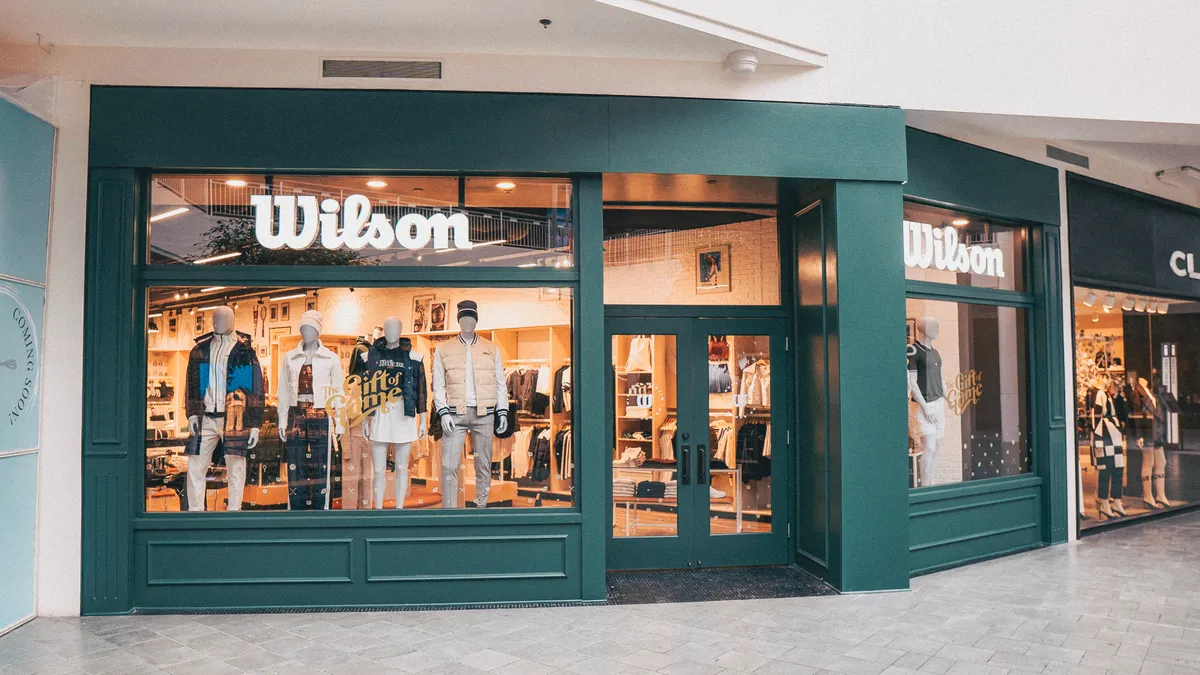It’s been another week with far more retail news than there is time in the day. Below, we break down some things you may have missed during the week and what we’re still thinking about.
From Mango’s store expansion to bacon gummies, here’s our closeout for the week.
What you may have missed
Primark’s CEO exits following an investigation
Primark on Monday announced that Paul Marchant had exited the company following an independent investigation. An allegation was made regarding his behavior toward a woman in a social environment.
Marchant made an apology to the person involved and to his Pimark colleagues, the company said in a press release.
“We remain in contact with the individual who rightly raised her concerns and have offered her our support,” the company stated. “Across our stores, our offices and our supply chain, we are committed to doing business the right way, at all levels of our teams.”
Eoin Tonge has been named interim CEO. He joins the company from Associated British Foods, Primark’s parent company, where he served as its finance director. Prior to that, Tonge worked at Marks & Spencer as its chief financial and strategy officer.
Mango pushes ahead with US expansion
Apparel retailer Mango continues to deepen its ties in the U.S. with the opening of several stores.
In a slew of announcements, the company said it opened stores in New Mexico, Nevada and Oregon — the first locations for the brand in those states.
The New Mexico location features both women’s and men’s lines, while the Nevada and Oregon stores offer exclusively women’s pieces.
Mango has been working to build out its store footprint. In December, the retailer said it achieved its U.S. expansion plan of opening 40 stores by the end of last year ahead of schedule. This year, the company plans to open 20 stores, including in Seattle and Chicago, bringing its total footprint in the U.S. to about 65.
Hudson’s Bay fishes for sale offers
A few weeks after filing for the equivalent of bankruptcy protection in Canada, Hudson’s Bay Co. is looking for sale offers. The department store this week announced the beginning of a sale and investment solicitation process, which will explore opportunities to sell part or all of the company’s assets. Also on the table is an investment in Hudson’s Bay or a refinancing of the business.
Interested parties must submit a bid by the end of the month. In the meantime, Hudson’s Bay has begun liquidating the majority of its store footprint. A lease monetization process is now underway for the retailer’s leases, led by Oberfeld Snowcap, with bidders due by April 15. The retailer also recently cut 200 corporate roles as part of the restructuring process.
Retail therapy
Bacon gummies anyone?
Surprisingly real and not an April Fools’ joke, Sour Punch candy released maple bacon flavored gummy bites on Tuesday.
“Bacon has been on trend for other food categories, and we thought it would be fun to bring it to sour candy," Kyle Stout, senior product and innovation manager, said of the limited-edition flavor.
Sour Punch candy has had a similar trick up its sleeve in years past. Starting in 2022, each April Fools’ Day the brand teased a wild flavor of gummies. Though its initial sour cream and onion flavored candy never hit shelves, 2023’s pickle roulette garnered enough social media attention that the limited-edition product became a permanent offering.
Art heals all
The Metropolitan Museum of Art is bringing some of its famous pieces to life as Band-Aids through a new partnership.
Coming to Target on Sunday, artworks like “The Great Wave” by Katsushika Hokusai and “Brother Rabbit” by William Morris will be featured on first-aid tins, bags and Band-Aid brand adhesive bandages.
What we’re still thinking about
2.7% to 3.7%
That's how much retail sales could rise this year, reaching between $5.4 trillion and $5.5 trillion, with a “slower trajectory for consumer spending,” due in part to tariffs, NRF Chief Economist Jack Kleinhenz said.
After President Donald Trump announced sweeping tariffs Wednesday, National Retail Federation Executive Vice President of Government Relations David French criticized such levies as “a tax paid by the U.S. importer that will be passed along to the end consumer.”
“More tariffs equal more anxiety and uncertainty for American businesses and consumers,” French said in a statement. “While leaders in Washington may not care about higher prices, hardworking American families do.”
1
That’s how many CEOs On will have by July 1. The athletics retailer announced this week that after more than a decade leading On, co-CEO Marc Maurer will exit the company. Maurer will remain in his role through June 30, after which Martin Hoffmann, current co-CEO and CFO, will step into the sole chief executive position. Maurer will serve as an adviser until March 2026.
The announcement was made amid a wave of other leadership changes at the brand, which included hires for chief supply chain officer, chief innovation officer, chief communications officer and chief people officer. A search has commenced for a new chief financial officer.
What we’re watching
Apparel retailers grapple with higher-than-expected tariffs
The tariffs announced Wednesday are steeper and broader than expected, and affect almost every apparel and footwear retailer. Nearly all manufacturing is abroad, mostly in Asia, according to Wells Fargo analysts led by Ike Boruchow, who calculate that tariffs on softline goods like apparel rose from just under 7% to over 37% on a weighted basis. “This puts all 2025 guidance at risk,” they said.
Brands and retailers couldn’t really devise strategies until the policy was announced, and most were likely caught off guard, William Blair analysts led by Dylan Carden said. Especially hard hit are brands like On, Lululemon, Deckers and Gap Inc.’s labels that switched manufacturing to Vietnam, according to Evercore ISI analysts led by Michael Binetti.
Off-price retailers, because they offer value and often source domestically, are sheltered somewhat, according to Jefferies analysts led by Corey Tarlowe. “However, even Off-Price can be subjected to pressures from higher prices,” they said.


